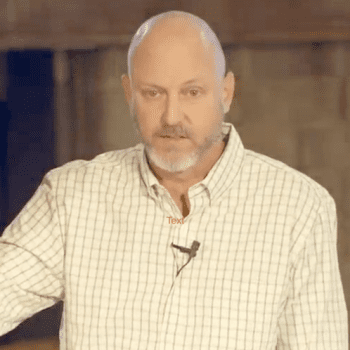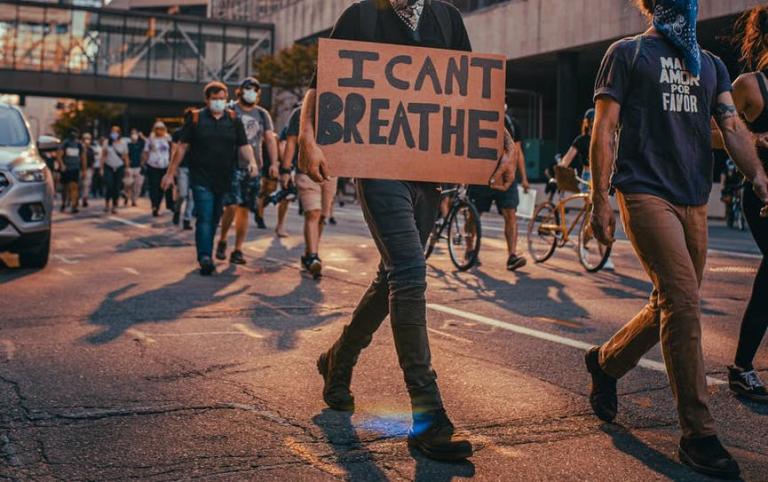Ezra Klein interviewed Ta-Nehisi Coates recently and the audio is up on the Ezra Klein Show podcast. Here are a few quotes & a comment about it.
Klein credits Coates for having what he calls a tragic imagination—a sense that things don’t always turn out well in the end. Sometimes things go tragically wrong and that’s the end.
Klein and Coates both contend that a tragic imagination is one of the major differences between a Christian and an atheist. The atheist is under no obligation to assume things will turn out well. Coates, in fact, rejects Dr. King’s famous statement that the moral arc of the universe bends toward justice.Coates and Klein seem to say that other black political leaders like Obama and Corey Booker seem to embrace King’s idea because of their Christian faith.
Can Christians have a tragic imagination?
That assumption has really been messing with me since I first heard them make it yesterday. Are Christians really under the obligation to end every conversation with hope? Do we have to reject the tragic imagination? I don’t see that in the prophets. Hope eventually, maybe, but not always hope right now. Christians are under no obligation to say, “everything will be fine.”
Coates says that “everything will be fine” is the very self-deception that keeps us from actual reality. Most of the reasons we are struggling as a society are not really that difficult to know. They are just incredibly painful to know. So we find more convenient things to believe. For instance, why is it that by far the largest risk factor for spending time in jail is to be black, male, and uneducated? Coates says,
“What I came to feel was that the answer’s actually not that hard. It’s actually quite knowable. But it’s terrible! It’s terrible to contemplate. It’s terrible to consider. And so we fall back on all these other explanations.” – Ta-Nehisi Coates
Klein gives Coates credit for mining these realities and actually reporting on things that seem too terrible to contemplate. Klein says, “There are some things in American politics, in American life, in American culture, some true things that it is very inconvenient to believe, it’s maybe even counterproductive to believe even though they are true.” For instance, on matters of race, Klein says:
“There is a story about racial progress and unity in America that is not just convenient to believe, not just pleasurable to believe, but actually in some ways effective to believe. It might be the thing that is best to believe in terms of getting the sort of outcomes (like having an African American president) that you want. And then there is a story that is true and in some ways better at predicting day to-day events—certainly right now—that nobody wants to hear. To me the last year or two has been a collision of these two visions.” – Ezra Klein
Are Christians really under the obligation to end every conversation with hope?
If there is a difference between the story that is convenient to believe, and the story that is actually true but is too terrible to contemplate, then isn’t it the work of the church to make that case? Aren’t we the ones who give voice to reality?
That’s the voice of the prophetic arm of the story. We have to be the ones who are willing to say everything’s not just automatically going to be fine. If you scapegoat immigrants. If you abuse the environment. If you continue to imprison black men at alarming rates, then things will not be fine. Things will, in fact, fail in epic proportions. This is inconvenient to say, inconvenient to believe, but so is resurrection, right?
If you don’t want to listen to the whole interview, I think the first 15 minutes are well worth your time.














